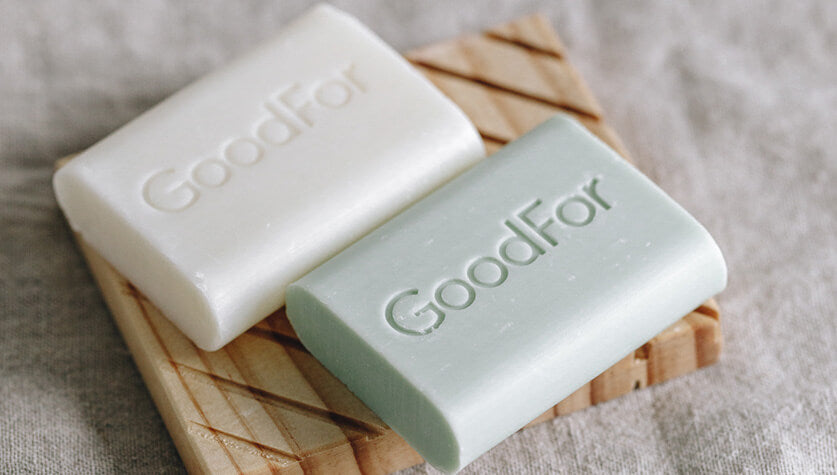Everything You Need to Know About Bee Pollen
History
Bee pollen is a ball of pollen made by young bees when they land on a flower to collect nectar. The pollen is mixed with saliva and sealed with a drop of honey. Bees carry balls of pollen back to their hives in sacs on their legs. Beekeepers can collect the pollen when bees pass through a screen on the way back to their hive. The screen gently scrapes the pollen off their legs where it drops into a tray for collection.
Bee pollen has a long and well-documented history in human health. Hippocrates and Pythagoras both prescribed bee pollen for its healing properties. Native Americans wore pouches containing pollen around their necks to sustain high levels of energy on long journeys. The Chinese, Romans and Egyptians all regarded pollen as a panacea. In China, pollen was first described well over 2000 years ago and to this day, China is still the world’s largest producer of pollen followed by the United States.

Health Benefits
Similarly to ancient medical practitioners, modern professionals also greatly value the super nutrient that is bee pollen. Doctors and scientists from around the world continue to research the use of bee products for a wide range of ailments, including arthritis and gout through to tendonitis and severe wounds.
One of the most amazing things about bee pollen is that it contains all of the nutrients that the human body needs to live and thrive. It is made up of 55% carbohydrates, 35% protein, 3% vitamins and minerals, 2% fatty acids, and 5% other substances. It also contains 14.2% dietary fibre, which means it has amazing benefits for your overall gut health. Bee pollen contains 5 to 7 times the amino acids found in equal weights of beef, milk, eggs or cheese. It is also very high in B-complex vitamins, which are needed in order to help the body function correctly, and several antioxidants including lycopene, selenium, beta carotene, vitamin C, and vitamin E. It contains lecithin, which has been shown to normalise cholesterol and triglycerides, and it decreases LDL cholesterol (bad cholesterol) while increasing HDL cholesterol (good cholesterol).
Bee pollen is super multi-talented, being wonderful for your immune system, your skin, allergies, depression, digestion, fertility, weight loss, energy, normalising blood glucose levels, menstrual cramps and anti-ageing. It acts as an antioxidant to help reduce inflammation. The B vitamins of pollen support healthy methylation pathways, which are needed for a nourished gut and glowing skin.
Fun Facts
-
Bee pollen is nature’s perfect food!
-
Bee pollen has been touted as “nature’s fountain of youth”.
-
The taste of bee pollen can vary depending on what type of plant it comes from. It can be bitter or can have a sweet, nutty flavour. Take 1 teaspoon of bee pollen daily.
Recipes
Flu Fighter Smoothie – This top-notch flu fighting smoothie is a rendition of The Unbakery‘s flu tonic but with the addition of some new immune-boosting ingredients. It’s simple to make at home whenever you feel any inkling of a cold coming on. Add bee pollen to your smoothies or sprinkle it on your breakfast each day for a nourishing hit to your body.

 GoodFor
GoodFor




